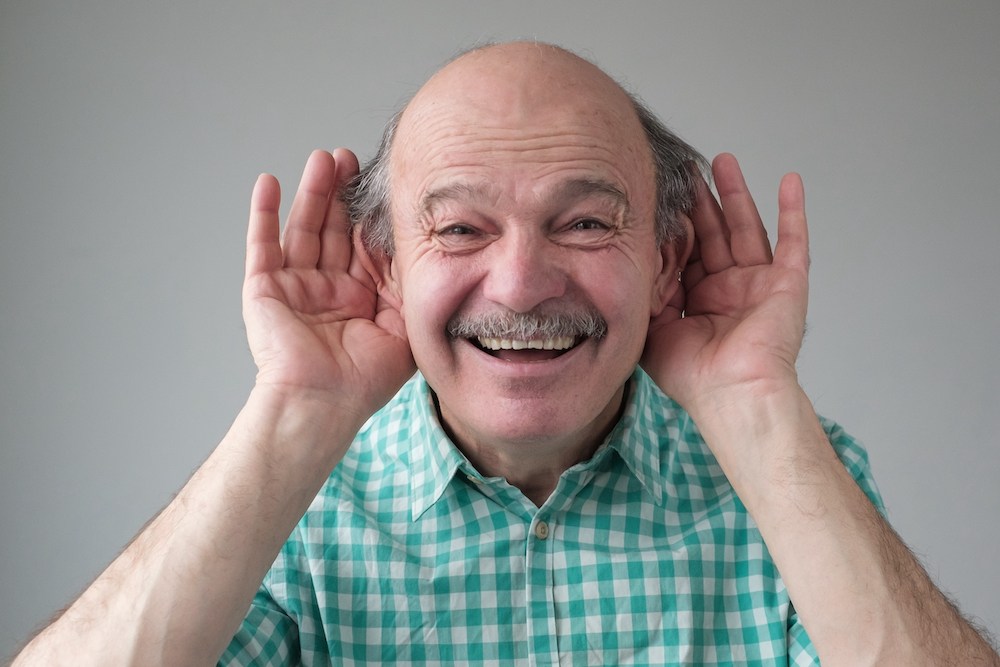The Benefits of Binaural Hearing Aid Processing
Binaural hearing aid processing is a listening approach where both hearing


Binaural hearing aid processing is a listening approach where both hearing

When people start to experience hearing loss, a common question is whether

Hearing loss often develops slowly, making it harder to notice right away.